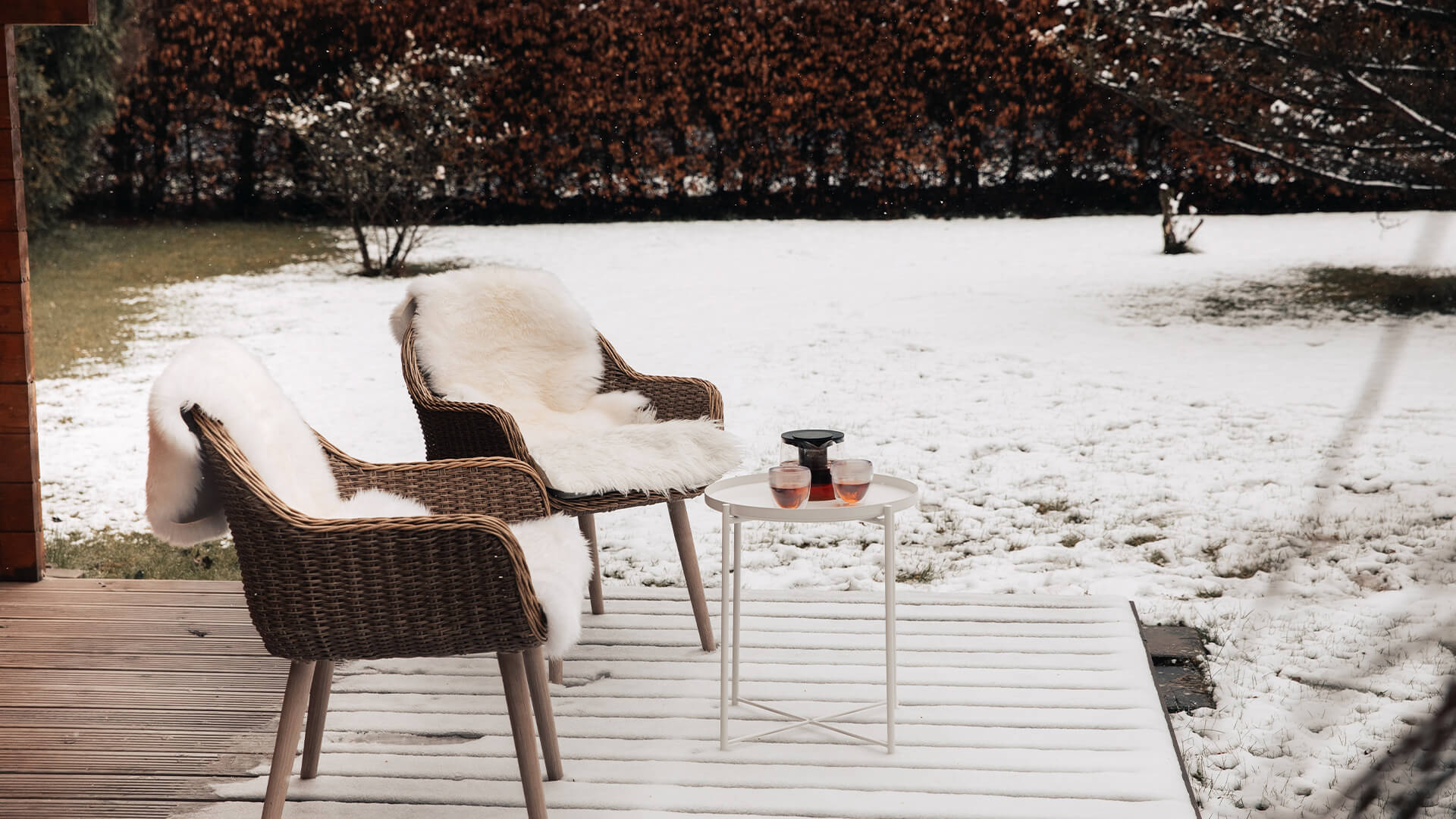Winter time is considered to be quite a quiet time for gardeners. However, there are several things that you need to do to ensure your garden comes back thriving in spring. We all know the winter weather in the UK can get quite harsh. So, what can you do to make sure your garden is protected during the extreme weather conditions?
Below, gardening expert Harry Bodell at PriceYourJob.co.uk goes over everything that you need to do in your garden now to get it ready for the winter months.
Clear Away Dead and Diseased Plants
Since you’re not likely going to be using your garden much over winter, it may be tempting to just leave your dead or dying plants until spring and deal with them then. However, if you do this, you’ll be inviting pests such as slugs and snails into your garden. These pests may feast on your seedlings next spring. Other pests may overwinter in the dead plant debris. Removing dead and dying plants prevents this from happening and leaves the soil exposed so that predators such as birds can do their work in protecting your precious soil.
The majority of dead plant materials can be composted, and you can use this compost come spring. Diseased plants should be removed quickly to prevent the spread of disease. All diseased plants should be disposed of in the garden waste bin.
Now is also a good time to remove any existing weeds from your garden and take control of any spreading plants, such as ivy or self-seeding plants, such as poppies. When it comes to weeds, you want to try to dig and pull out as much of the root as possible to prevent them from coming back. Doing this now will weaken the plant and make it more susceptible to the harsh winter weather. Weeds should also be disposed of in the garden waste bin rather than composted.
Complete Some General Maintenance
If you have any sheds or outbuildings in your garden, these will benefit from some care and attention before winter comes around. Inspect them for any loose or rotten boards and damaged materials, and make sure the door hinges are in good order to keep out the rain, snow and draughts.
If you are storing gardening tools in your shed or outbuilding, sharpen and oil as needed. After the gardening season, your tools can become dull, making them more difficult to use. To ensure you’re ready to get going with your gardening chores as soon as spring comes around, it’s a good idea to complete this type of maintenance now. Once you’ve sharpened the blades, rub them with oil to protect them over winter. You can also oil any wooden handles on the tools. This will prevent them from drying out or rusting over winter.
Before storing pots, seed trays, labels, and any other garden equipment, be sure to give them a good wash or rinse. Make sure they are completely dry before putting them in storage to prevent mould growth.
Protect Your Perennials and Over-Wintering Crops
Many bushes and fruit trees can be pruned at this time, so check which varieties you have and take care of any pruning now as needed. If you have stakes and ties on any of your fruit trees, make sure these are in good condition. Any new growths should also be staked and tied to prevent them from becoming damaged in windy weather.
Containers and pots should be moved to a sheltered area if possible. To prevent terracotta pots from cracking in freezing conditions, make sure they are raised from the ground and wrapped in bubble wrap. Frost-sensitive plants should be placed in a greenhouse or brought into the home as needed to protect them until spring.
Check over any netting to make sure it is in good condition, and install any additional protection as needed. If there are any leaves or debris surrounding your plants, clear these away to make sure the plants can get adequate water and prevent mould or diseases.
Complete the Last Mow and Prepare Your Lawn For Winter
It’s best to stop mowing your lawn in late Autumn. The last cut should be sometime between late September and late October. The timeframes may vary depending on your location in the UK and the climate in your area. For a more accurate timeframe, it’s best to pay close attention to your lawn, as this can help you determine when it’s time for the last cut. Your grass will start growing much slower, and this is a clear sign that it’s time for the last cut.
For the last cut of the season, you want to cut your grass as short as possible. The lawn may still grow slightly after the last cut before the frost starts to stunt the growth. If you cut the grass short, this means that it has room to grow slightly before the frost stunts its growth.
The winter weather in the UK can bring rain, wind, snow, and very damp conditions. To prevent your grass from becoming damaged from the extra water, you must make sure you aerate your lawn. Aerating your lawn consistently will give it a much better chance of surviving the extreme winter weather conditions. You don’t need any fancy tools to get this done. If you don’t have an aerator, just use a garden fork and stab the ground. This will create small holes and will move the soil slightly, preventing it from becoming compact, improving the drainage and reducing the chances of pooling.
It’s also a great idea to provide your lawn with some new grass seeds at this time. Distribute some fresh grass seeds evenly across the surface of your lawn. If there are any bald patches present in your lawn, these areas will require some additional seeds. These new seedlings will neaten up any existing problems in the lawn and will help to make sure it comes back lush and full next spring.

































